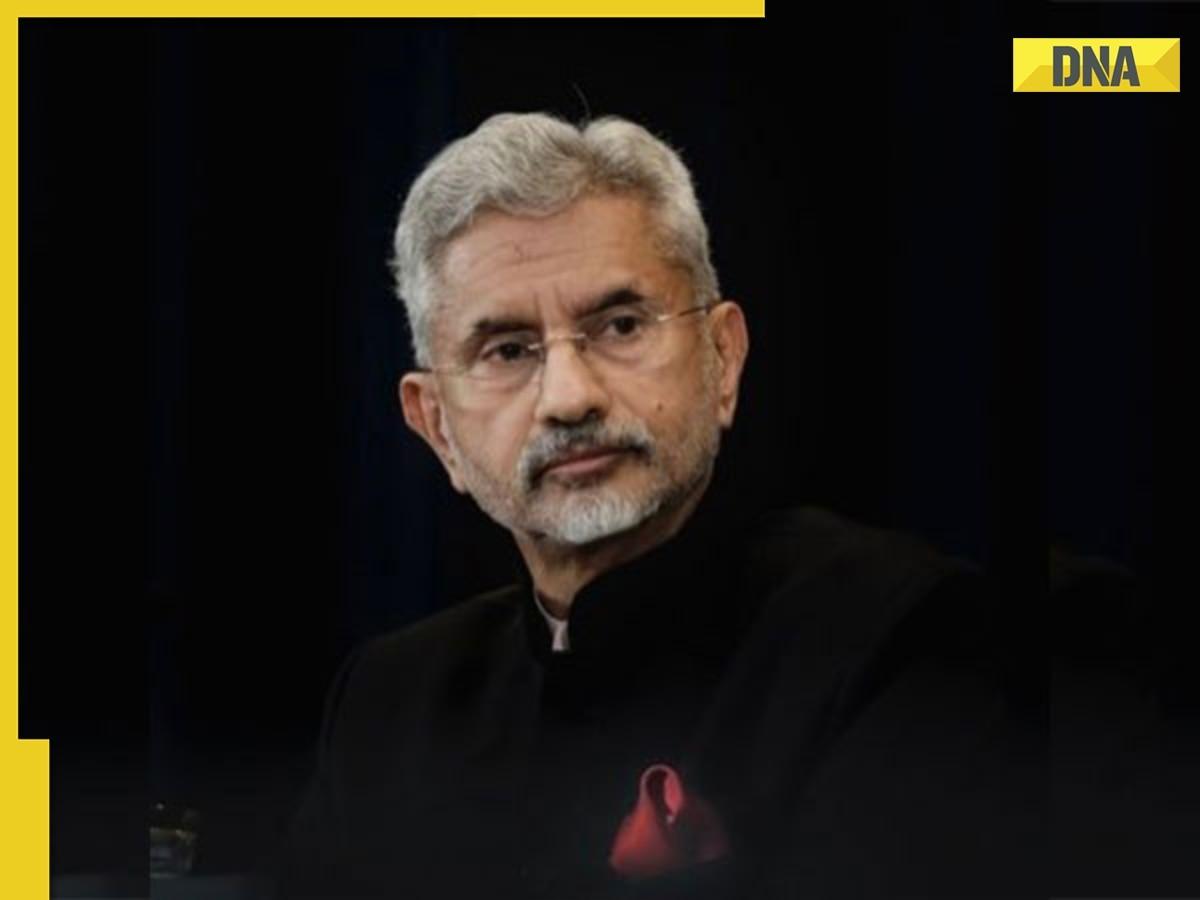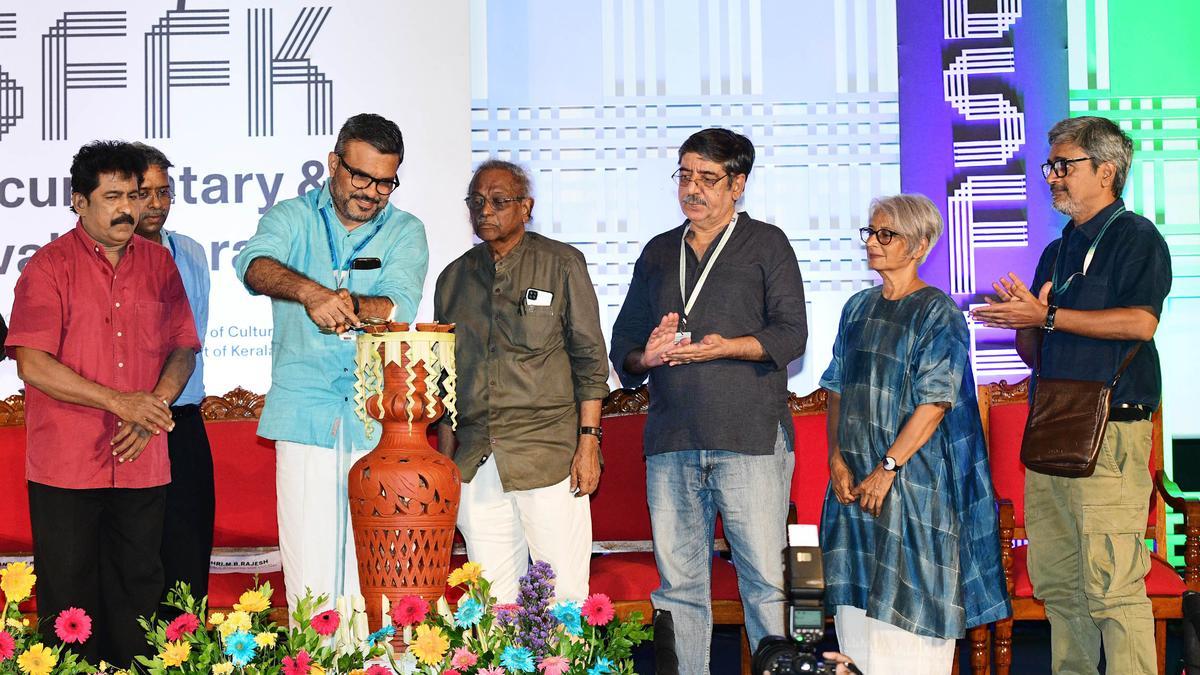
In a pointed rebuttal, External Affairs Minister S Jaishankar has dismissed critical comments made by US President Joe Biden, which labeled India as “xenophobic” and linked such attitudes to economic challenges. During a discussion with the Economic Times, Jaishankar firmly negated the assertion that India’s economy is on a downslide and highlighted the Citizenship Amendment Act (CAA) as evidence of India’s historically open nature to people from varied cultures.
President Biden, at a Washington fundraiser on April 2, unveiled his rationale behind the sluggish economies of certain countries, attributing their lack of growth to their aversion to immigration. The President suggested that the economic vitality of the United States could be ascribed to its welcoming stance towards immigrants.
“Why is China stalling so badly economically? Why is Japan having trouble? Why is Russia? Why is India? Because they’re xenophobic. They don’t want immigrants,” Biden remarked during his campaign for re-election.
In retort, Jaishankar refuted the premise that India’s economy is stumbling and underscored India’s uniqueness as a historically inclusive society. “First of all, our economy is not faltering,” he asserted, portraying the CAA as a gesture of openness to those facing adversity, and whose ties to India justify their entry.
“That’s why we have the CAA, which is to open up doors for people who are in trouble… I think we should be open to people who have the need to come to India, who have a claim to come to India,” Jaishankar contended, elucidating the government’s perspective on the controversial act.
Jaishankar also took the opportunity to challenge the narrative spun by critics of the CAA. He referred to claims made by detractors that the act would result in the disenfranchisement of a million Muslims in India—a prediction that has not come to pass, thereby questioning the accountability of such detractors.
The heated conversation on the international stage wasn’t just limited to economic issues. Jaishankar also dwelled on the prevailing anti-Israel protests on American university campuses and lamented the seemingly biased coverage by a segment of Western media. This, he contended, was tied to an “ideological” slant rather than “objective” reporting, with media outlets desiring to influence global narratives, often at the expense of India’s image.
When queried about whispered allegations of India’s involvement in counter-terrorism operations leading to fatal outcomes for terrorists based in Pakistan, Jaishankar responded pragmatically. “Terrorists are there in large numbers. Statistically, where they will be in large numbers, things will happen to them,” he said, drawing attention to the terrorism industry that has burgeoned across the border in Pakistan.
As the word “xenophobic” echoed in diplomatic corridors, the White House was quick to contextualize President Biden’s statements. Karine Jean Pierre, the White House Press Secretary, assured the public that the President’s utterances were framed within a broader context, celebrating America’s immigrant heritage—rather than denigrating other nations—and he retained a respectful stance towards allies.
“Obviously, we have a strong relationship with India with Japan, and the President, if you just look at the last three years, has certainly focused on those diplomatic relationships,” Jean Pierre emphasized.
While the President’s comments sparked a debate over the relationships between the world’s largest democracies, the ensuing clarifications by officials hint at a dynamic of respect and mutual cooperation that underpins ties between these nations, irrespective of transient rhetoric.










